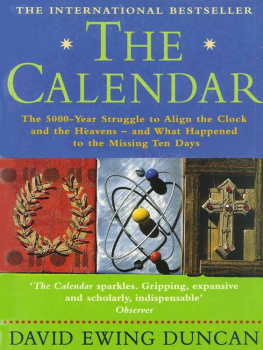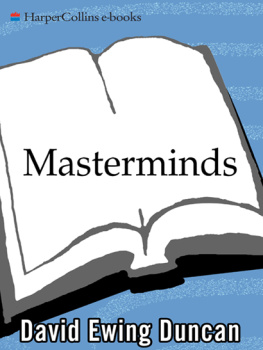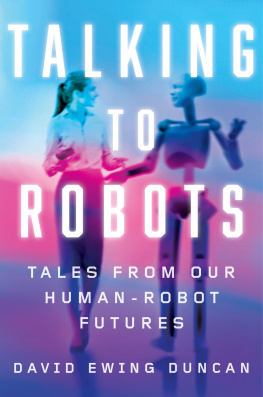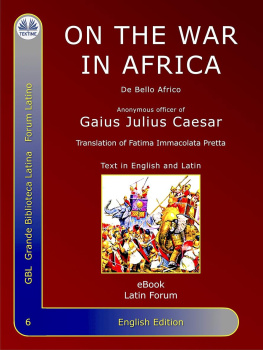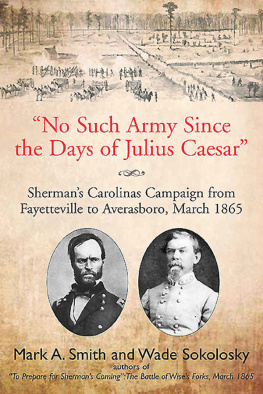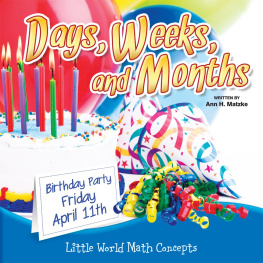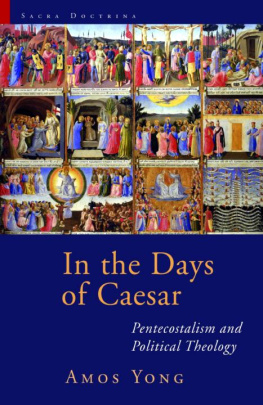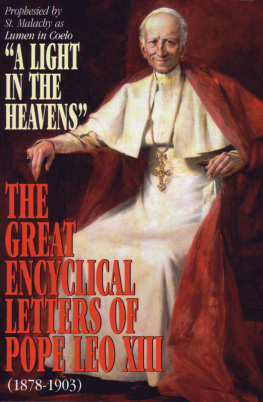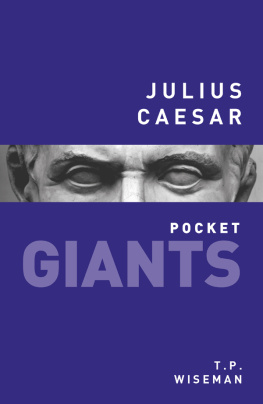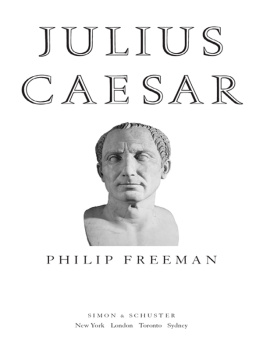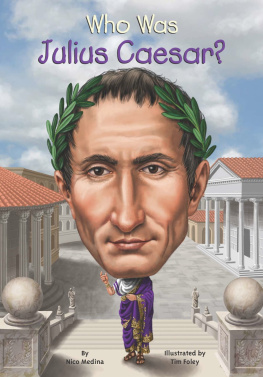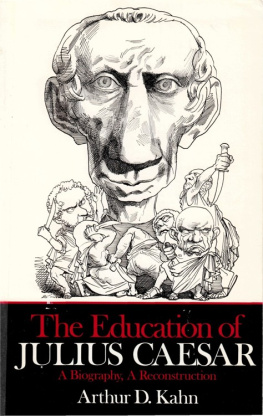THE CALENDAR
DAVID EWING DUNCAN
The 3000-year struggle to align the clock and the heavens--and what happened to the missing ten days
To Sander, Danielle and Alexander and thanks to Stephen
Copyright David Ewing Duncan 1998.
The right of David Ewing Duncan to be identified as the author of this work has been asserted by him in accordance with the Copyright, Designs and Patents Act 1988.
A catalogue record for this book is available from the British Library.
ISBN 1-85702-979-8
David Ewing Duncan is a writer and traveller. The author of four previous books, this is his first UK publication. He is also a documentary film producer, and special correspondent and producer for ABC News.
Calendar Index
Length of the (tropical) year in 2000 AD: 365 days, 5 hours, 48 minutes, 45 seconds
Time that the year has slowed since AD 1: 10 seconds
Average decrease in the year due to a gradual slowing of the earths rotation: 1/2 second per century
Lunar Month: 29 days, 12 hours, 44 minutes, 2.9 seconds
The earliest known date: 4236 BC, the founding of the Egyptian calendar
Ancient Egyptian year: 365 1/4 days
Early Chinese year: 354 days (lunar year) with days added at intervals to keep the Chinese lunar calendar aligned with the seasons
Early Greek year: 354 days, with days added
Jewish year: 354 days, with days added
Early Roman year: 304 days, amended in 700 BC to 355 days
The year according to Julius Caesar (the Julian calendar): 365 1/4 days
Date Caesar changed Roman year to Julian calendar: 1 January 46 BC
Amount of time the old Roman calendar was misaligned with the solar year as designated by Caesar: 80 days
Total length of 45 BC, known as the Year of Confusion, after adding 80 days: 445 days
The year as amended by Pope Gregory XIII (the Gregorian calendar): 365 days, 5 hours, 48 minutes, 20 seconds
Date Pope Gregory reformed the calendar: 1582
Length of time the Julian calendar overestimates the solar year per year, as determined by Pope Gregory: 11 minutes, 14 seconds
Number of days Pope Gregory removed to correct the calendars drift: 10
Dates Gregory eliminated by papal bull to realign his calendar with the solar year: 5-14 October 1582
Dates most Catholic countries accepted the Gregorian calendar: 1582-1584
Date Protestant Germany accepted the Gregorian calendar: partial acceptance in 1700, full acceptance in 1775
Date Great Britain (and the American colonies) accepted the Gregorian calendar: 1752
Length of time eliminated by the British Parliament to realign the old calendar (Julian) with the Gregorian calendar: 11 days
Dates Parliament eliminated: 3-13 September 1752
Date Japan accepted the Gregorian calendar:
1873 Date Russia accepted the Gregorian calendar: 1917 (and again in 1940)
Date China accepted the Gregorian calendar: 1949
Date the Eastern Orthodox Church last voted to reject the Gregorian calendar and retain the Julian calendar: 1971
Length of time the Gregorian calendar is off from the true solar year: 25.96768 seconds per year
Length of time the Gregorian calendar has become misaligned over the 414 years since Gregorys reform in 1582: 2 hours, 59 minutes, 12 seconds
Year in which the Gregorian calendar will be one day ahead of the true solar year: AD 4909
Year that Atomic Time replaced Earth Time as the worlds official time standard: 1972
The year as measured in oscillations of atomic caesium: 290,091,200,500,000,000
The Year 2000 Will Be
1997 according to Christs actual birth circa 4 BC
2753 according to the old Roman calendar
2749 according to the ancient Babylonian calendar
6236 according to the first Egyptian calendar
5760 according to the Jewish calendar
1420 according to the Moslem calendar
1378 according to the Persian calendar
1716 according to the Coptic calendar
2544 according to the Buddhist calendar
5119 in the current Maya great cycle
208 according to the calendar of the French Revolution
The year of the DRAGON according to the Chinese calendar
Time is the greatest innovator--Francis Bacon, 1625
Which Year?
When I refer to the calendar year, or the solar year, I mean the tropical year unless otherwise indicated. The simple definition of the tropical year is the year according to the length of time between two successive vernal equinoxes, which occur at the exact moment when the centre of the sun appears to cross the equator as it moves from south to north. Because this measurement fluctuates from year to year, the tropical year is usually calculated as a mean of several years. The tropical year is slightly different from the sidereal year, which measures the length of time it takes for the earth to orbit the sun, returning to a starting point according to a fixed point such as a star.
D.E.D.
Prelude: A Net Cast Over Time
The... silent, never-resting thing called time, rolling, rushing on, swift, silent, like an all-embracing ocean tide... this is forever very literally a miracle; a thing to strike us dumb.
Thomas Carlyle, 1840
Not long ago I met a well-known surgeon dying in a hospital in Richmond, Virginia. He was a distressingly emaciated figure, his face a mask of skin over his skull, his hands a pale shade of purple from weeks of intravenous needles. Yet his voice remained deep and powerful, his eyes lively. When a friend asked how long he was going to be in the hospital this time, the surgeon said he didnt know, that time was becoming irrelevant to him. Its ironic, he said, smiling weakly. I lived by the calendar for sixty years. Beepers, schedules--these things ruled my life. Now I have no idea what day it is, and this doesnt bother me. Its as if I am floating, he said, leaning back on crisp hospital sheets and almost whispering the words.
Our obsession with measuring time is itself timeless. After self-awareness, it may be our most distinctive trait as a species, since undoubtedly one of the first things we became self-aware about was our own mortality--the fact that we live and die in a set period of time.
Yet even in an age of measuring femtoseconds* and star clusters 11 billion light-years away, time defies true objective measurement. It can seem to go slow and even stall out at certain moments only to brashly and breathlessly rush forward at others. Time can be wasted, kept, saved, spent, killed, lost and longed for. To the Nuer herdsmen of southern Sudan, time is tot and mai, wet and dry, depending on the season. For Hesiod, the ancient Greek poet, time is harvesting cereals in the month when the cuckoo sings, and a low sex drive for men during the late summer, when goats are at their fattest and the wine tastes best.
*A femtosecond is one quadrillionth of a second.
Consider the geometry of how we measure time. It can be divided into circle time and square time: clock time and calendar time. Clock time chases itself like Ouroboros, the hands or flashing numbers returning to the place where they started in a progression that has no beginning or end. It will continue in its cycle whether or not people are around to watch the hands and glowing numbers. In contrast, calendar time is made up of small boxes that contain everything that happens in a day, but no more. And when that day is over, you cannot return to that box again. Calendar time has a past, present and future, ultimately ending in death when the little boxes run out.
Still, in modern times we take the mechanism of the calendar for granted, as we do breathing and the force of gravity. Passing through years, months, weeks, hours, minutes and seconds we seldom think about where these things came from, or why we have chosen to divide time one way and not another.
It has not always been so. For thousands of years the effort to measure time and to create a workable calendar was one of the great struggles of humanity, a conundrum for astronomers, mathematicians, priests, kings and anyone else who needed to count the days until the next harvest, to calculate when taxes were due, or to figure out the exact moment a sacrifice should be made to appease an angry god. A case can be made that science itself was first sparked by a human compulsion to comprehend the passing of time, to wrestle down the forward motion of life and impose on it some sense of order.
Next page
